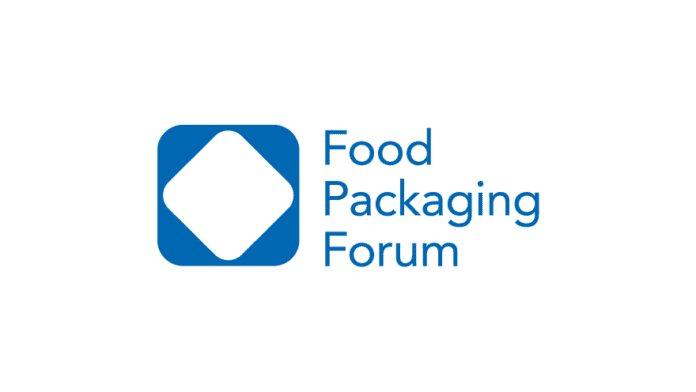The rise in popularity of plant-based foods in Western diets has been driven by a desire to reduce greenhouse gas emissions and improve health outcomes compared to animal-based foods. However, some plant-based alternatives to cheese, meat, and fish undergo extensive industrial processing to mimic the taste and texture of animal-based products. These highly processed foods, known as ultra-processed foods (UPFs), can have negative impacts on human health due to increased exposure to chemicals and microplastics.
A recent study conducted by Alicia Macan Schönleben and colleagues from the University of Antwerp in Belgium found that ultra-processed novel plant-based foods have higher levels of contamination with organophosphates, phthalates, and alternative plasticizers compared to animal-based foods. Their research, published in the journal Environmental Science & Technology in March 2025, revealed that contamination levels varied among different plant-based food categories, with cheese alternatives showing the highest levels of organophosphates and phthalates.
While the researchers noted that daily intake of these chemicals from a vegan diet is unlikely to pose a significant health risk to the adult population, they highlighted the presence of other potentially hazardous chemicals in foods due to migration from food contact materials (FCMs). This aspect was not considered in the authors’ risk assessment, indicating the need for further investigation into the sources of chemical contamination in UPFs.
The study analyzed 52 plant-based meat, cheese, and fish alternatives made from various plant sources such as soy, legumes, seeds, and nuts, as well as their food packaging. Samples were collected in Belgium, Germany, and the UK and tested for 17 organophosphates, 8 phthalates, and 11 alternative plasticizers using liquid-chromatography mass spectrometry (LC-MS/MS). The researchers also calculated the estimated daily intake level of these chemicals and compared it with health-based guidance values to assess the safety of the products.
Consumers often choose UPFs over fresh plant-based foods due to factors such as convenience, affordability, and food marketing strategies. However, previous research has highlighted the interconnectedness of UPFs and plastics, leading to concerns about their overconsumption and the resulting negative impacts on both human health and the environment.
In conclusion, the study by Macan Schönleben et al. sheds light on the potential chemical contamination of ultra-processed plant-based foods and the role of food packaging in contributing to this issue. Further research is needed to better understand the sources of chemical contamination in UPFs and to mitigate the potential risks associated with consuming these products. Addressing these challenges will be crucial in promoting the adoption of healthier and more sustainable plant-based diets in the future.
Reference:
Macan Schönleben, A., et al. (2025). “Organophosphorus Flame Retardant, Phthalate, and Alternative Plasticizer Contamination in Novel Plant-Based Food: A Food Safety Investigation.” Environmental Science & Technology. DOI: 10.1021/acs.est.4c11805



